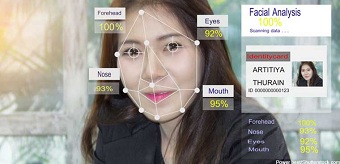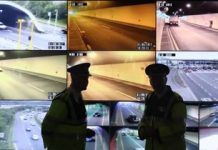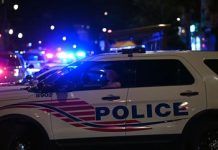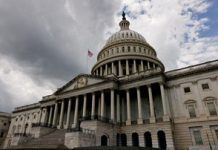San Francisco is deliberating on whether to ban municipally operated facial recognition software. If it did so, the city would be the first in the country to put a moratorium on the highly contentious technology, which a number of other state and local governments have also recently sought to regulate.
The Stop Secret Surveillance ordinance, introduced in January, has caused a stir in the city, receiving significant support from civil liberties organizations like the ACLU, while at the same time attracting the ire of local law enforcement organizations and some industry groups. According to Gizmodo, two local police organizations recently launched a campaign to quash the legislation, encouraging their supporters to lobby supervisors and urge them not to pass it. The ordinance was given a hearing before the city’s Board of Supervisors on Monday, at which time the governing body decided to delay a decision on the legislation until its next meeting.
The ordinance, introduced by District 3 Supervisor Aaron Peskin, would institute multiple new regulations on the city’s process for acquiring surveillance equipment while also instituting a total ban on municipal use of facial recognition software. The ban would apply only to public agencies, not to private vendors. One of the new regulations in the ordinance would require city agencies looking to purchase new surveillance equipment to submit a “Surveillance Impact Report” to the board, while agencies already using surveillance technologies would be responsible for articulating a clear policy around that usage.
The meeting also served as an opportunity for a number of civil rights groups to share their concerns regarding the technology, according to meeting notes. Representatives from such groups as the Center for Media Justice, the Lawyers’ Committee for Civil Rights of the San Francisco Bay Area, and the Electronic Frontier Foundation gave testimony in favor of the legislation.
Biometric data collection has consistently been a source of anxiety for such groups, who express fears that such tools will encroach upon communities’ civil liberties. In particular, a consistent fear has been raised that technology using artificial intelligence to facially identify individuals will be weaponized against minority demographics, which some studies argue are more vulnerable to misidentification and biased targeting.
Peskin’s legislation makes note of the fear of biased targeting, while also including language that stresses a more general necessity for a regulatory framework for the city’s increasing surveillance technology. “The propensity for facial recognition technology to endanger civil rights and civil liberties substantially outweighs its purported benefits,” the ordinance states. “Legally enforceable safeguards, including robust transparency, oversight, and accountability measures, must be in place to protect civil rights and civil liberties before any surveillance technology is deployed.”








